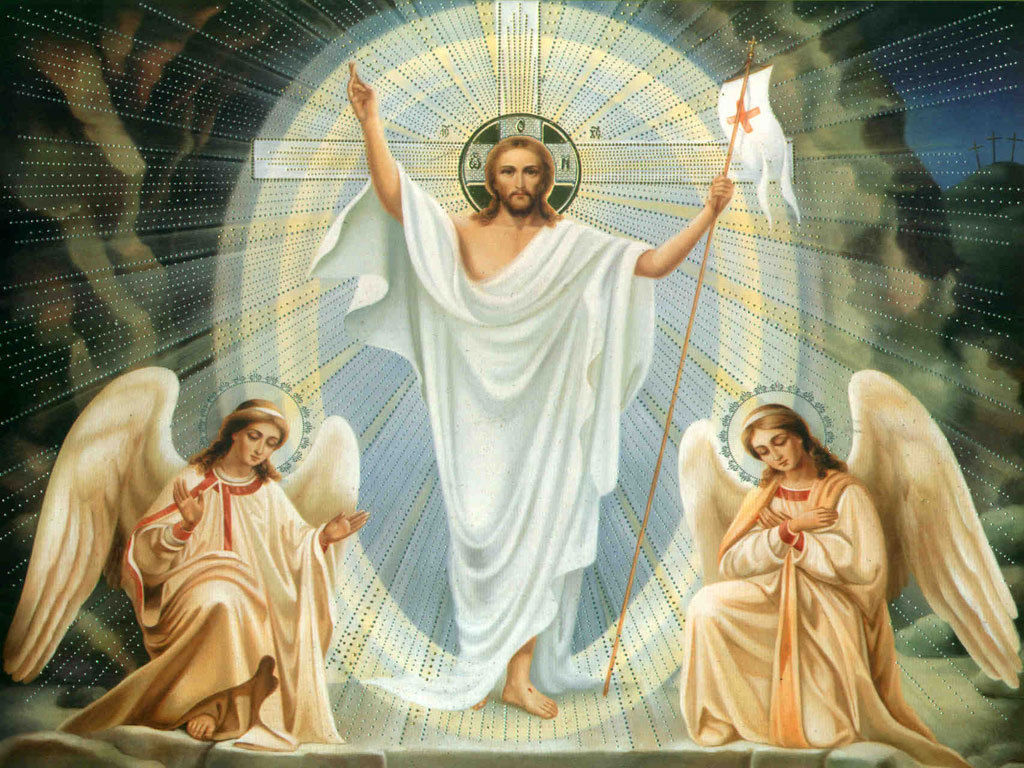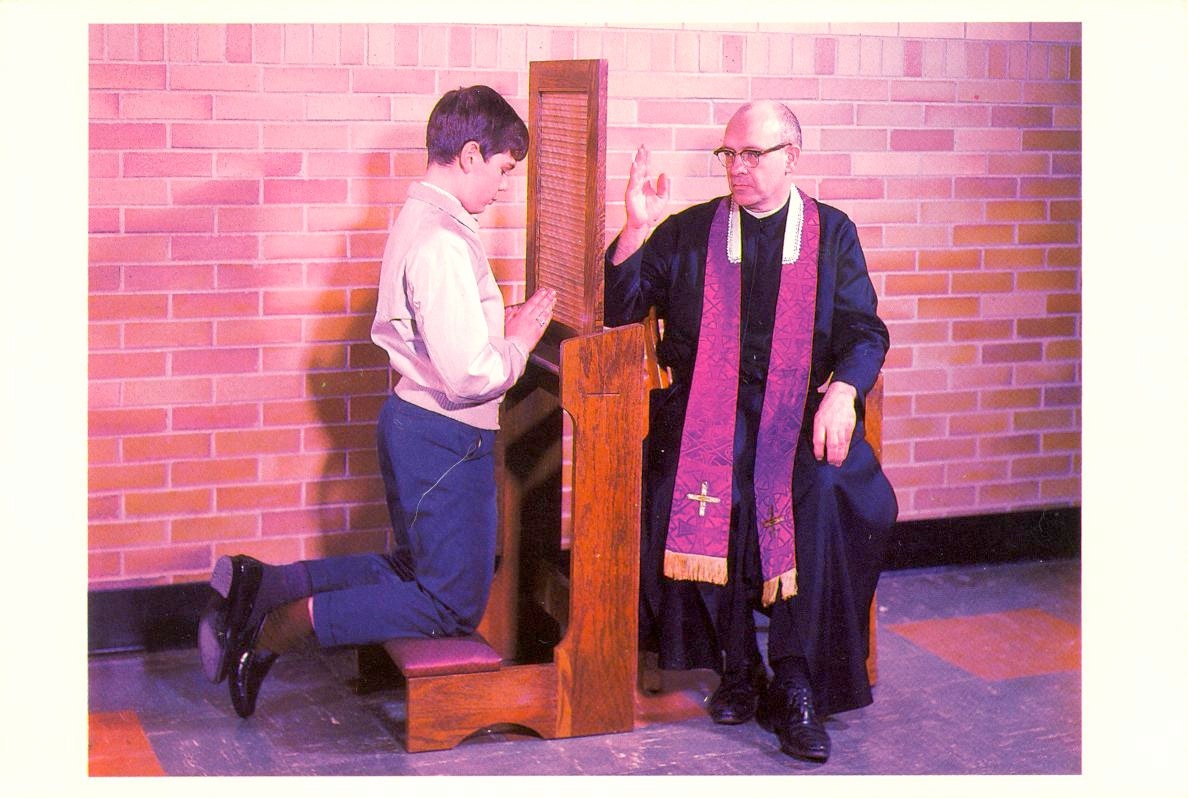As a clarification: I'm not saying "God hates fags." I'm not saying we ought to stone people who are of homosexual orientation. For a better, longer, explanation, and an alternative, look at
this post.
As another clarifiaction: This post in particular only deals with the Catholic view on homosexuality. This is not a post addressing the constitutionality of gay marriage. For information on the Catholic view on what powers the state has for gay marriage, see
this post.
Why is homosexuality frowned upon? What is the reason why the Church condemns it? These are very common questions. In this post I plan on establishing what makes homosexuality a sin. I will also clear up the Church's teaching on homosexuality and pre empt many arguments people will make against this post. If you are for gay marriage or believe the Church ought to allow for gay marriage, I suggest you stop reading. The points in this post will disappoint you.
Let's start on why homosexuality is considered a sin. God's very first commandment towards man, even before the rule of the tree of knowledge of good and evil, was to be stewards of the Earth and to populate all of the lands of the world. The first beef with homosexuality ought to be obvious. It doesn't allow for reproduction. As much as people try to say God just wants us to not be bad and kill people, he did specifically say in Genesis that we are to populate all of the lands of the Earth. If that isn't a condemnation to homosexuality, I don't know what is.
Another point of reference our creation in God's image. This means we ought to follow what our bodily function is in order to be in a presence with God. Did God give both sexes both sets of reproductive organs? No (a quick look down should verify that). So what does that mean? That means that, in order to align with the will of God, we must accept heterosexuality. Homosexuality violates what God has created. He created a man and a woman for the sake of a marriage by flesh. Such a marriage, a bond, is not meant to be possible between man and man, or woman and woman. As such, God's will was to create us as heterosexual.
To be more philosophical about it, we are meant to fill a certain form. The form we were created with is defined by God. If we are to choose to follow God's will, we would follow his map for how we ought to live. By creating us in a certain way, God defines a nature we ought to follow. This means that following God first requires that we do not corrupt the ways we use our bodies.
Now let's refute common arguments of those who support "homosexual rights."
The first, and most common argument, is that it isn't a choice. While this argument seems like a superbly clever move, there are quite a few problems with it. The first, and most important, is concupiscence. A result of Original Sin is that we are more inclined towards sin. This means that the idea that it 'isn't a choice' is, in fact, unimportant to the question of sinfulness.
Another problem with this argument is that we are not condemned for our temptations of the flesh. We are sinners because of our choices to act upon them. That means the feelings you may feel about your sexual orientation do not matter in terms of your salvation. Rather, you must be able to choose God's will and not follow those desires.
The final problem with this "It's not a choice" argument is that it fails to establish a temptation. In an ideal world, there is no temptation. Nobody sins. However, there's always that odd nagging feeling at the back of our mind that has dark thoughts we never tell anyone. Whether it's the odd, involuntary temptation to use a gun in the wrong way, or imagine using a knife to inflict self harm, or getting the feeling of "I'll just jump," while staring over a cliff, we've all felt odd desires from some pretty dark places. But the reason those seem horrible to think about is that we don't listen to that voice. That voice is there, it talks to us, it feeds us evil thoughts, counterintuitive thoughts, but we don't ever listen to it. When people say there's no choice in being homosexual, it's that same idea. You feel it involuntarily, and think that it must be a deeper part of you because of it's irrational nature. But that's far from the truth. Just as Adam and Eve were tempted, Satan and other
demons of hell tempt everyday people in a way that seems like it's us doing the thinking. That's not it. That's an alien force tempting us to do something, a force we don't quite understand because it escapes physical bounds. It's not a higher part of the human soul, but a lower part of our humanity ingrained in our concupiscence. It is a temptation of the flesh, twisted by the evil of demons. It's definitely not us. It's definitely not God.
Another argument made is "if it's not natural, why do so many species of animal do it?"I'm not gonna sugarcoat it; that's a stupid claim. First of all, not all animals were created in God's image. As humans, with rationality, the ability to form a community, self awareness, and, most importantly, consciousness, we are called to be more than just animalistic.
Second, humans are unique in regards to other animals. We have a rational intellect and a conception of God. We are self conscious. Discussing human sexuality and animal sexuality together is like comparing apples and oranges.
Third, there are plenty of other counterintuitive things animals do that we choose not to do. Other animals walk on four legs. Should we start making shoes for our hands? Wait, we couldn't do that, since animals don't have shoes. Why are we even talking? All other species of animal kind of grunt and gesture at the nearest food source.
Now, let's hypothetically say the above arguments are false. Why can't the Pope change doctrine? The Pope never tells us what doctrine is. He tells us what it means. There is a distinction. He doesn't change what the rule is, or what Christ said. Christ is God. That's just a given part of the Holy Trinity. As such, that which Christ teaches must be true. Since God is infinitely good, Christ must be as well. Thus, all that Christ teaches is infinitely true. That means the Pope can't change doctrine. He merely redefines it to meet current standards of the world.






